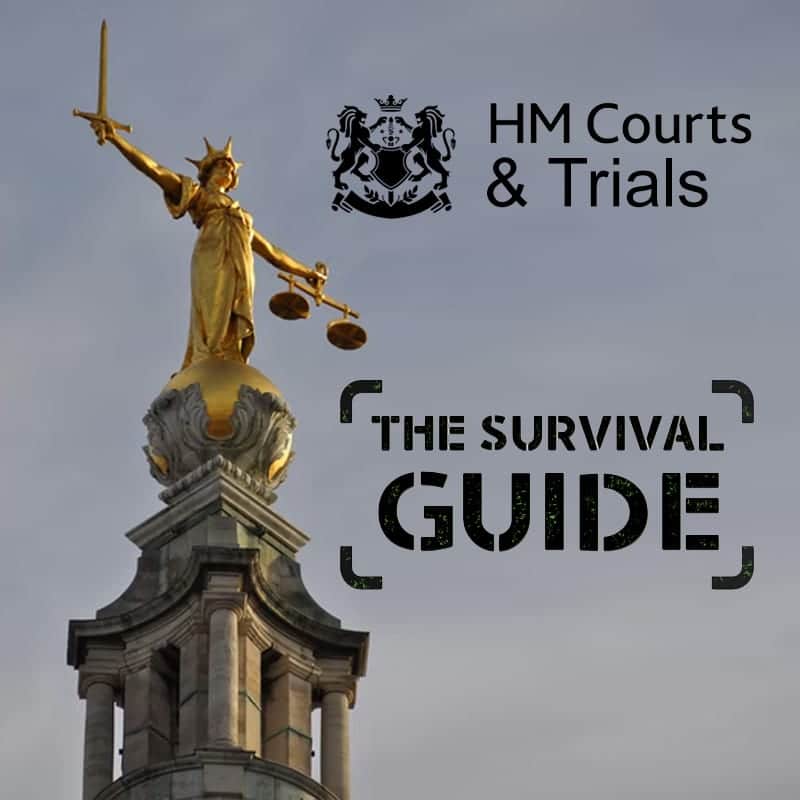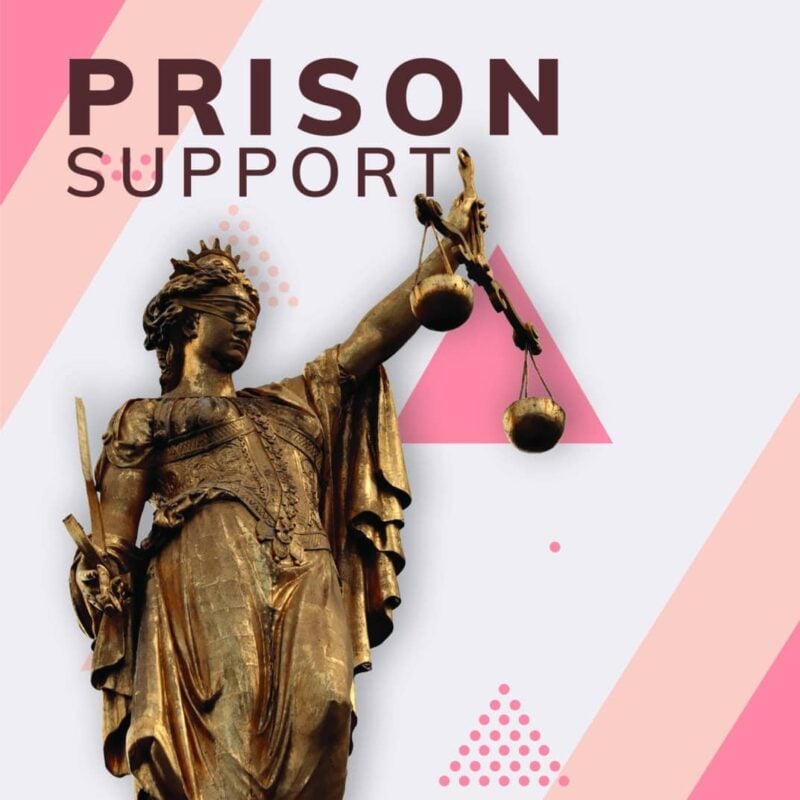Understanding Drugs in UK Prisons: Challenges and Solutions
Drugs in Prison: A Comprehensive Overview
Drugs in prison represent a significant challenge for the UK’s correctional system, affecting the health and safety of both inmates and staff. This issue spans a wide range of substances, from illicit drugs like spice to legally prescribed medications such as pregabalin, which can be abused or traded within the confines of the facility. The consequences of drug use in prisons are far-reaching, impacting not only the prison environment but also the rehabilitation prospects of inmates.

The Spectrum of Substances and Drugs in Prison.
Inside the walls of UK prisons, the variety of drugs can be astonishing. Spice, a synthetic cannabinoid, has gained notoriety for its popularity and harmful effects among the prison population. Its easy concealment and potent effects make it a particular concern. Prescription medications, too, play a significant role in the prison drug landscape. Drugs like pregabalin, intended for legitimate medical use, can be diverted within the prison, leading to abuse and illicit trading.
The Routes of Contraband
The mechanisms through which drugs enter prisons are as varied as the substances themselves. One alarming trend is the involvement of prison officers, who, lured by the promise of profit, smuggle contraband into facilities. This breach of trust undermines the integrity of the prison system and complicates efforts to maintain a drug-free environment.
The Impact on Prison Life due to Drugs in Prison.
Equally concerning are the innovative methods used by outsiders to introduce drugs into prisons. Drones, once a technology marvel, are now a conduit for dropping drug packages into prison yards. The traditional method of throwing packages over prison walls persists, alongside more personal methods, such as family and friends attempting to pass drugs during visits. The use of mules, individuals who smuggle drugs into the prison by ingesting or concealing them on their person, further complicates the issue.
The Impact on Prison Life
The presence of drugs in prisons leads to a multitude of problems, affecting every aspect of prison life. Drug-related violence is a particular concern, with competition for control over the prison drug market leading to conflicts among inmates. This violence not only endangers the inmates involved but also poses a significant risk to prison staff.
The health implications for inmates abusing drugs are severe. The use of substances like spice can lead to serious medical emergencies, straining the already limited healthcare resources within prisons. Furthermore, drug dependency hampers rehabilitation efforts, making it more challenging for inmates to reintegrate into society upon release.
Drug use within prisons also contributes to a cycle of debt and exploitation. Inmates may incur debts to obtain drugs, leading to further exploitation and violence. This cycle undermines the safety and stability of the prison environment, making it more difficult for authorities to maintain order and security.
Conclusion
Drugs in prison present a complex challenge that requires a multi-faceted response. Addressing this issue demands not only stringent security measures to prevent the introduction of drugs but also comprehensive support services to address the root causes of drug abuse among inmates. Efforts to curb the involvement of prison staff in drug smuggling are equally critical. By tackling the problem of drugs in prisons, the UK can take a significant step towards creating safer, more rehabilitative correctional facilities.






